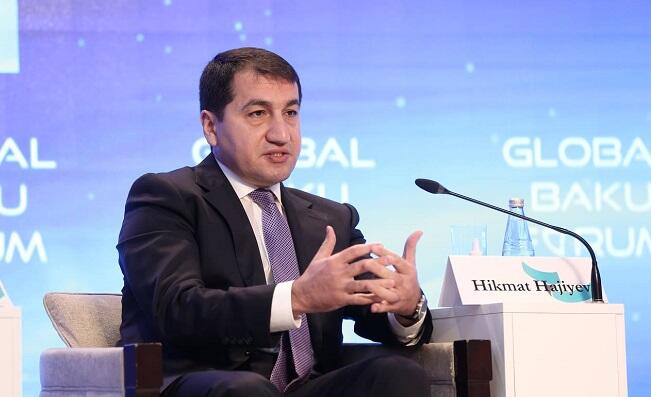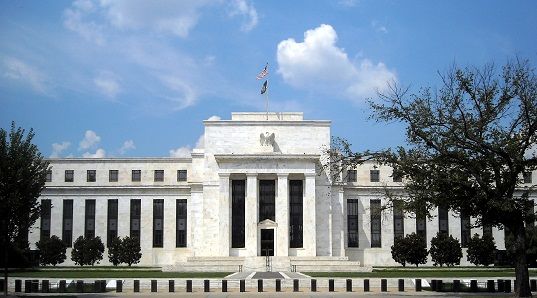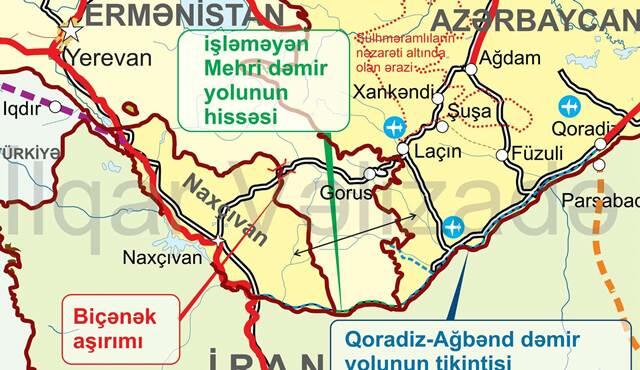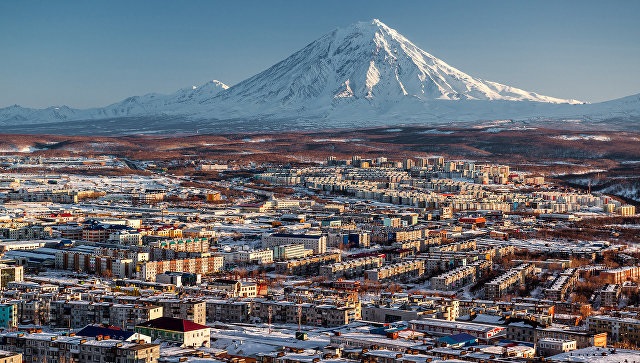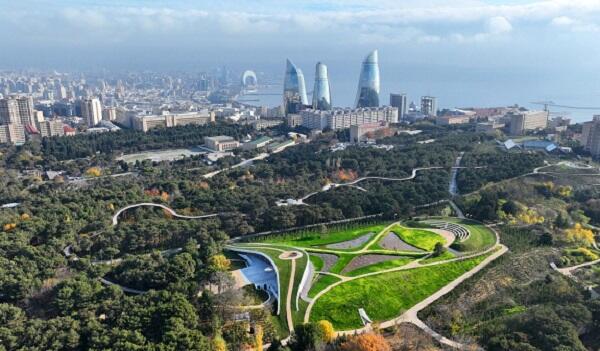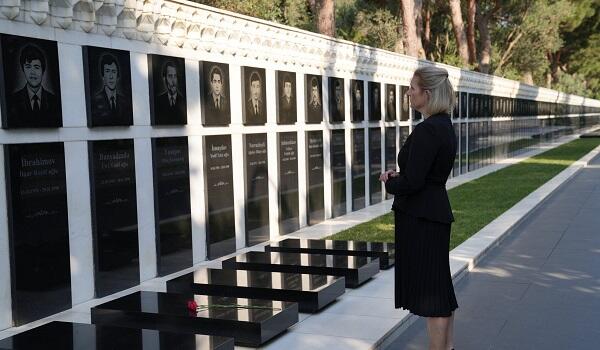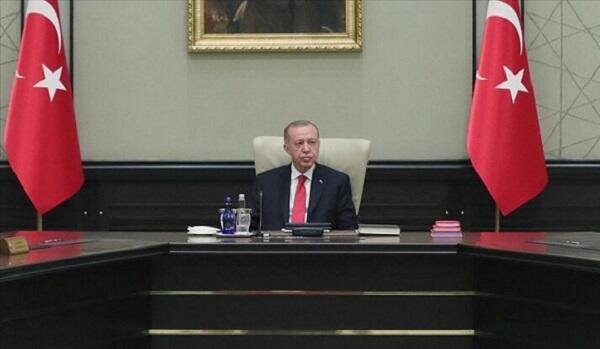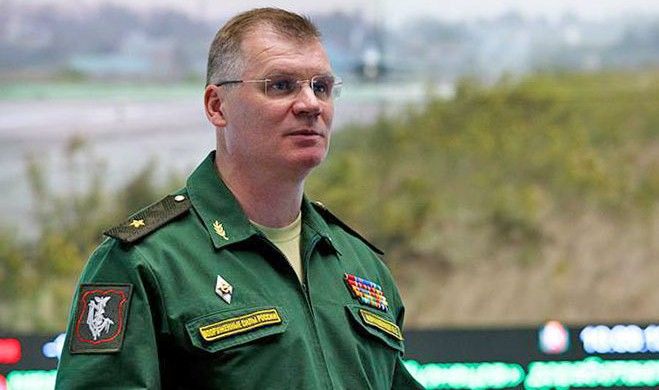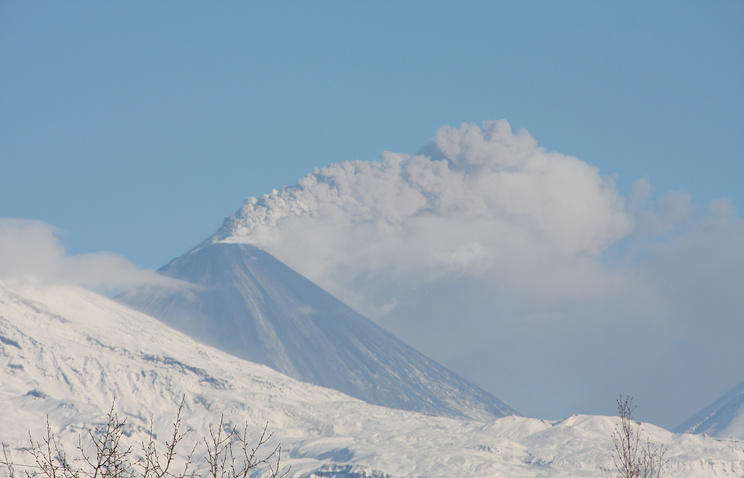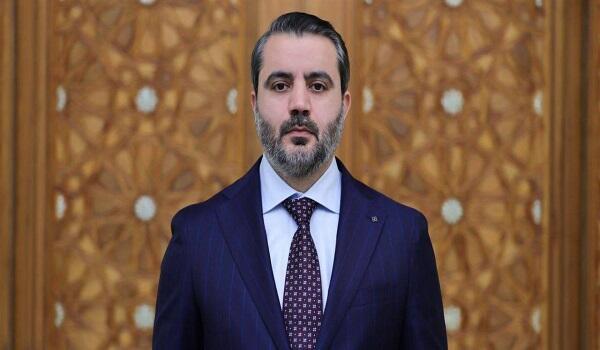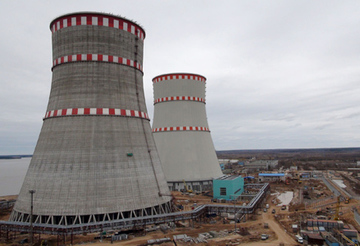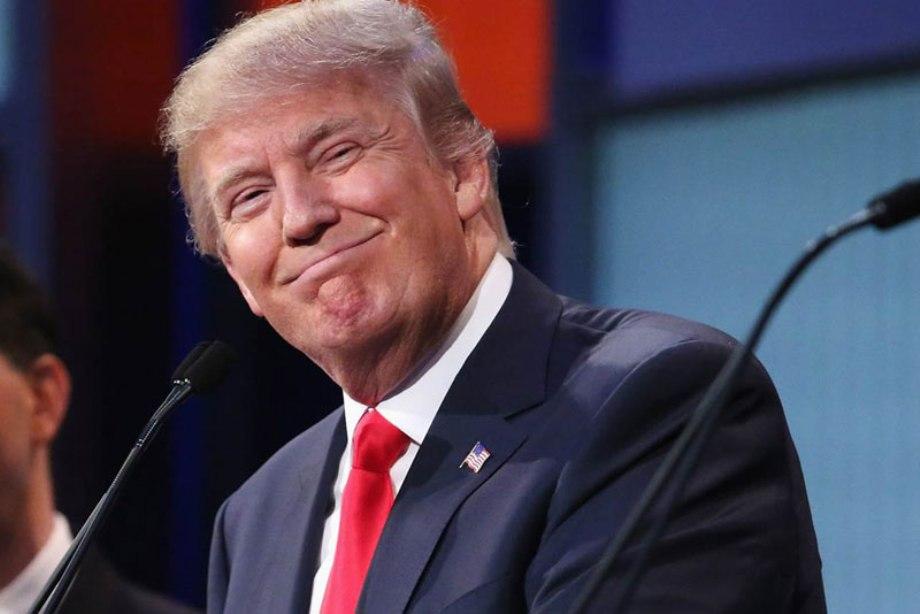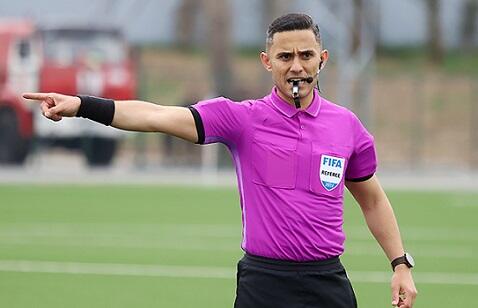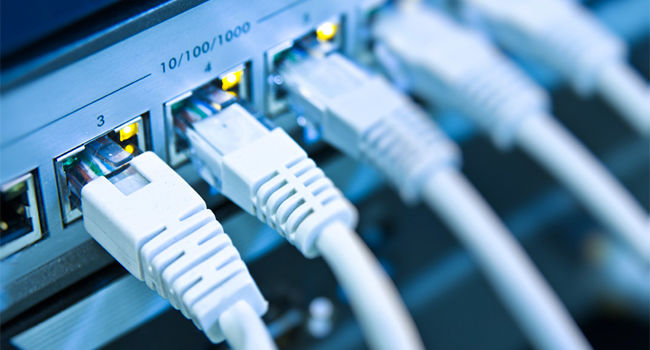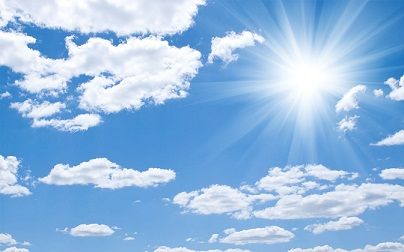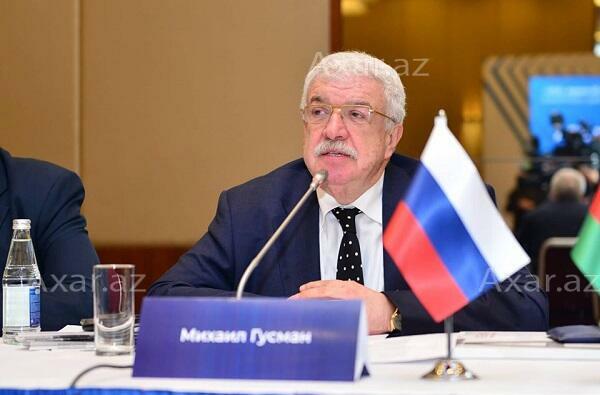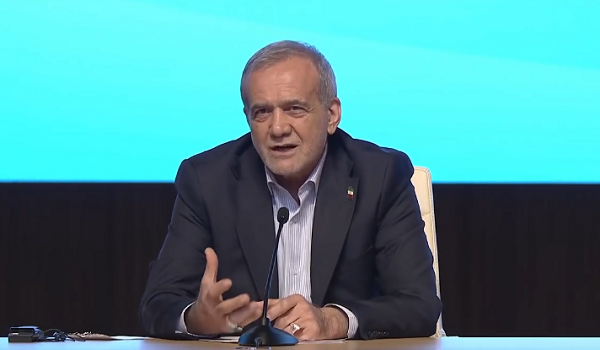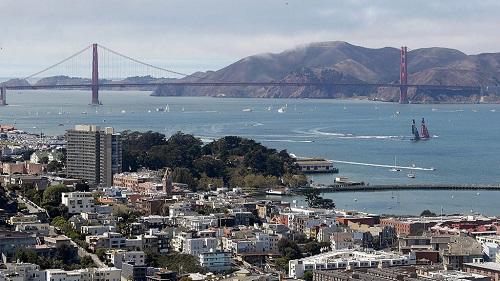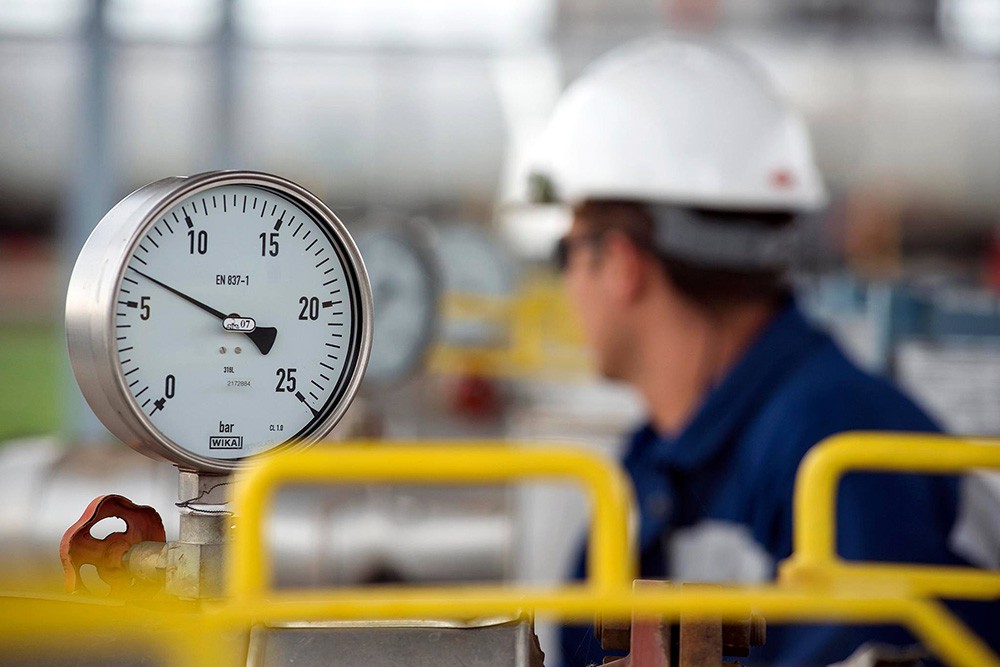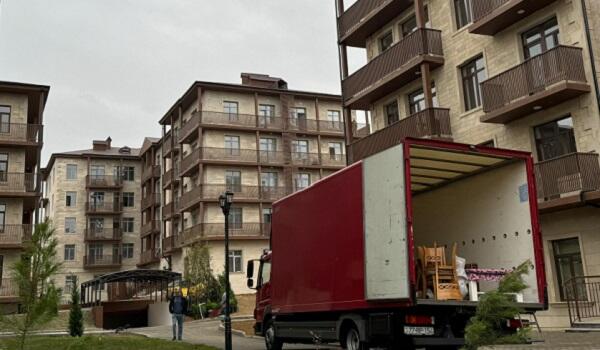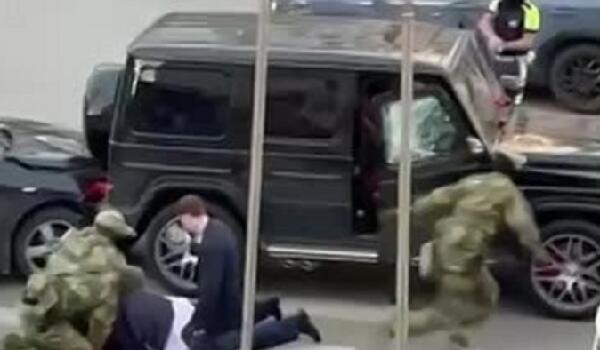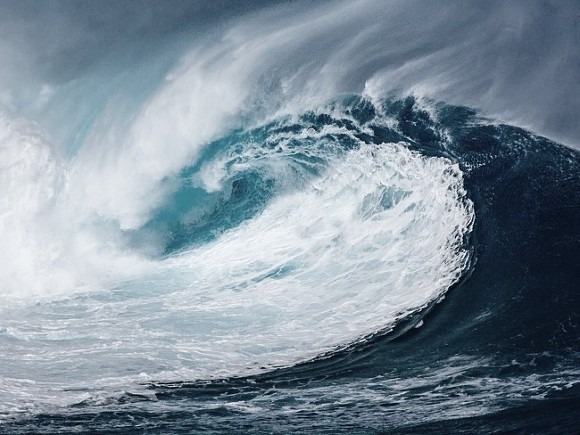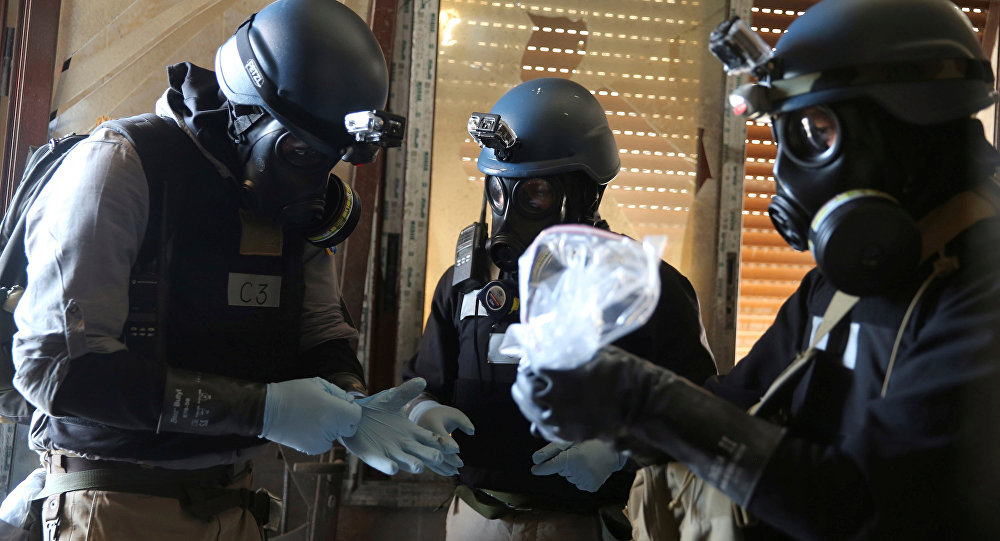Dutch and German intelligence agencies have uncovered concrete evidence that Russia is engaging in widespread and systematic use of banned chemical weapons against Ukrainian forces, according to Reuters.
Axar.az reports that, according to Dutch Defense Minister Ruben Brekelmans, Russia has intensified its use of these weapons, making chemical warfare a more normalized and standardized part of its military operations.
The Dutch and German findings indicate that Russian forces are using choking agents such as chloropicrin, an extremely toxic substance first deployed in World War I, by dropping it from drones to flush out Ukrainian soldiers from trenches, making them vulnerable to gunfire.
Brekelmans, speaking to Reuters, warned that this trend is not only dangerous for Ukraine but also poses a broader international threat. He urged for tougher sanctions on Moscow and proposed banning Russia from participating in international bodies, including the Executive Council of the Organisation for the Prohibition of Chemical Weapons (OPCW).
Brekelmans emphasized the importance of action, pointing to at least three confirmed Ukrainian deaths and over 2,500 injuries with symptoms consistent with chemical exposure. Ukrainian health authorities have reported thousands of such incidents, with some figures reaching as high as 9,000 cases.
Peter Reesink, head of the Dutch Military Intelligence Agency (MIVD), described the operation as a “large-scale program” involving not just the battlefield use of chemical weapons but also dedicated production efforts, scientific research, and recruitment of specialists.
Russia’s Defense Ministry has not commented, though Moscow has consistently denied the use of illegal munitions and instead accused Ukraine of using chemical weapons — allegations Kyiv strongly denies. Russian Foreign Ministry spokeswoman Maria Zakharova recently claimed that Russian forces had found chloropicrin-containing explosive devices in a Ukrainian weapons cache, which Ukraine rejects.
The OPCW, headquartered in The Hague and comprising 193 member states, said previous mutual accusations between Russia and Ukraine lacked sufficient evidence.
In parallel, the European Commission is considering adding 15 new individuals and entities to its sanctions list over the suspected use of chemical weapons in Ukraine, which may align with the Dutch call for stronger international action.
